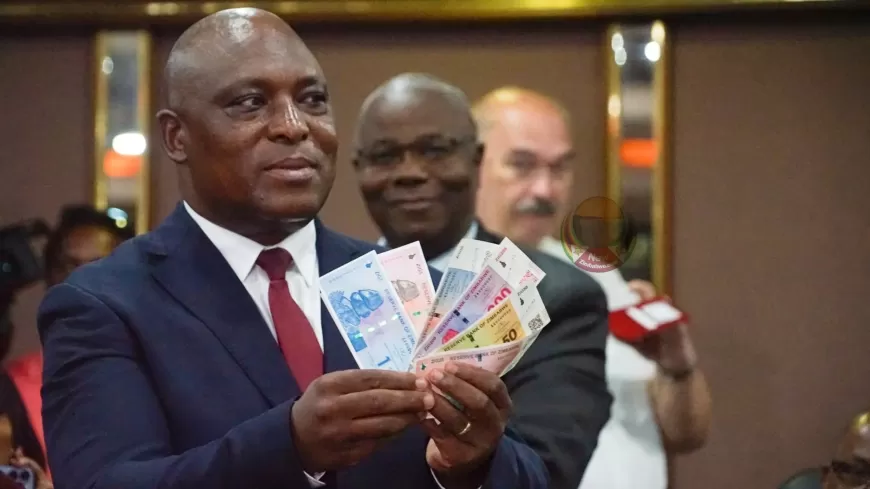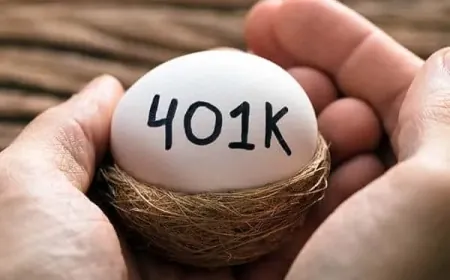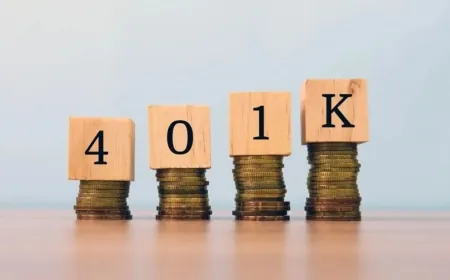Zimbabwe Tries to Boost Confidence in Its New Currency ZiG
Government Uses Promotions and Crackdowns to Support Zimbabwe Gold

Zimbabwe launched a new currency called the ZiG, or Zimbabwe Gold, in April, hoping to stabilize the economy. This move even inspired reggae artist Ras Caleb to create a song, "Zig Mari," which played frequently on state TV and radio. He was rewarded with a car and $2,000 in U.S. dollars by a businessman connected to Zimbabwe’s ruling party and President Emmerson Mnangagwa, who called the song a patriotic act.
Unlike other currencies, the ZiG needs a lot of promotion. Zimbabwe's government wants this gold-backed currency to replace the struggling Zimbabwe dollar.
Government's Efforts and Public Doubts
Top officials from the Reserve Bank of Zimbabwe and the ruling ZANU-PF party have been actively promoting the ZiG through public events and meetings. They aim to convince the public to prefer the ZiG over the U.S. dollar, which is still used in Zimbabwe. Commercials and Ras Caleb’s song have been broadcast widely to support this effort.
Despite these efforts, many people still doubt the ZiG. While it holds its value on the official market, it trades at a much lower rate on the black market, where $1 can be exchanged for up to 17 ZiGs.
Enforcement Actions
In addition to promotions, the authorities are using strict measures to support the new currency. Police have arrested over 200 street currency dealers for breaking foreign currency exchange rules. These dealers are accused of using exchange rates higher than the official rate and undermining the ZiG. In one case, twin brothers Tapiwa and Justice Nyamadzawo were arrested for selling airtime at a rate above the official exchange rate. They are still in pretrial detention and could face up to 10 years in prison.
Challenges and Inconsistencies
The crackdown on currency dealers shows the complexity of Zimbabwe's economy. Street currency dealers have been common, often providing more realistic exchange rates than official ones. Many businesses, especially in the informal sector, still prefer U.S. dollars. Some places, like gas stations and government offices that issue passports, continue to accept only U.S. dollars.
The government has imposed fines of up to 200,000 ZiGs (around $15,000) on businesses that do not follow the official exchange rate. Some businesses have had their bank accounts frozen for rejecting the ZiG or using unofficial exchange rates.
Historical Background and Future Goals
Zimbabwe has a long history of monetary problems. The ZiG is the sixth currency introduced since the Zimbabwe dollar collapsed in 2009 due to hyperinflation. At that time, the government even printed a 100-trillion Zimbabwe dollar banknote.
The central bank governor, John Mushayavanhu, sees the ZiG as a step toward reducing the country's reliance on the U.S. dollar, which currently accounts for more than 80% of transactions. The goal is to reduce this to 50% by 2026.
However, the U.S. dollar is still crucial for daily expenses like rent, school fees, and groceries. Many Zimbabweans, including government workers, trade their local currency for dollars on the black market.
Economic and Social Impact
The government is considering opening exchange offices to make it easier for people to get dollars for small transactions. However, experts warn that using force alone will not build trust in the ZiG or stop black market activity.
Sekai Kuvarika, CEO of the Zimbabwe National Chamber of Commerce, said currency dealers would likely continue their operations secretly, using social media and messaging apps to find clients.
Maxwell Chisanga, who lives in Harare, faces this problem. Paid in ZiGs, he needs to find dollars on the black market to pay his rent.
Economist Prosper Chitambara stresses that the government must build public trust in the local currency. Without this trust, arrests and crackdowns will not reduce the demand for U.S. dollars, which are hard to get through official channels.
Also Read: Glass Lewis Advises Tesla Shareholders to Reject Musk’s $56 Billion Pay Package































































